Eclectic mix: From Kalash to Sindh, music binds us as a nation
Independence Day concert featuring various musicians.
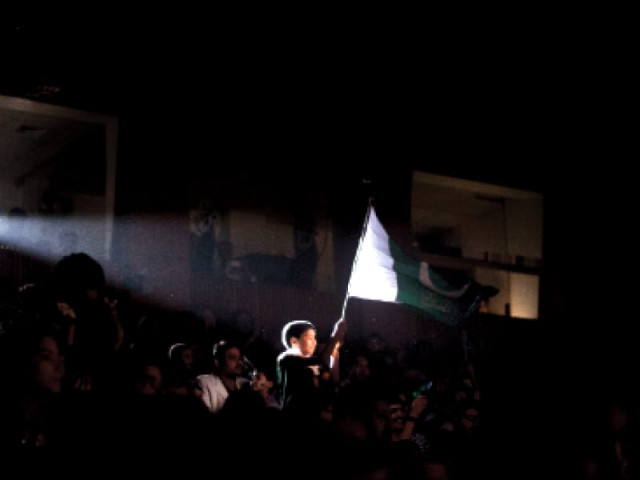
Musicians from various parts of the country enthralled the audience with diverse melodies. PHOTO: MYRA IQBAL/EXPRESS
They came, they struck a chord or five and they were unstoppable. A caravan of classical performers enlivened up Independence Day celebrations with a blend of music and dance, leaving the audience awestruck at the Pakistan National Council of the Arts on Wednesday.
“Colours of Pakistan” was a full-house performance featuring home-grown talent from diverse parts of the country. It was that rare occasion when hall exits were shut, with little space for latecomers to push their way through the people standing, filling up steps and leaning on the stage.
Shan Khan Mehsud, an aspiring musician from South Waziristan, had the audience moving to the beat of his “Hai Apni Zamin.” Four years in the music business, he has also performed at international platforms in United Kingdom, Turkey and Dubai. When asked about his inspirations, he listed classical music giants like Mehdi Hasan, Ghulam Muhammad and Rahat Fateh Ali Khan.
With her uplifting vocals, Meher Angez brought with her the rhythms of Hunza. Her group is famous for encouraging young women and men to render sufi music in Persian and Brushaski. Hina Shaukat from Khyber-Pakhtunkhwa performed a Pashto song to much applause. Perhaps the beauty of the event was that even people, who did not quite understand the different languages, were taking in the eclectic melodies.
Akbar Khan Khamiso, an Alghoza player from Sindh and recipient of the Pride of Performance award, showcased his craft through many a multi-flute performance. Talking to The Express Tribune backstage, he said, “I just wish people are as warm and welcoming as they are on Eid. They meet and greet one another. The spirit of Independence Day should be the same.”
Taj Buladi was a natural on stage. His Baloch dance and songs were an instant hit, with men dancing on cue in the audience. Similarly Fazal Jatt was as animated as they come, his powerful “Challa” vocals in sync with unrestrained bhangra moves.
Garbed in traditional dresses to go with each performance, the National Performing Arts group covered much ground. From Kalash to Sindhi Jhoomar dances, they also mesmerised the audience with their nuanced moves of Leva, Kashmiri dance and Punjabi bhangra. Their effortless movements and command over the various dance forms was both stimulating and visually-engaging.
The teenage songstress Bano Rehmat has earned the title of “Malaka-e-Kashmir” (Queen of Kashmir) for her contribution to performing arts. Her soulful renditions of “Hamara Parcham” and “Mere Watan” had many waving the national flag wildly. Beaming with pride, Rehmat’s father said he supports her in her musical endeavours. Dispelling the boundaries of ethnicity, Rehmat sings in a myriad of languages including Pashto, Sindhi, Seraiki, Hindko and Ojri. Currently pursuing her intermediate, she aims to continue singing for the rest of her life.
Published in The Express Tribune, August 16th, 2013.

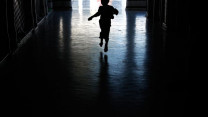
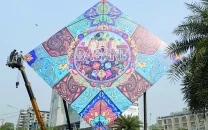

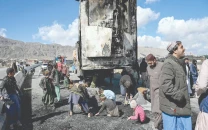
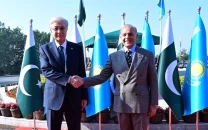
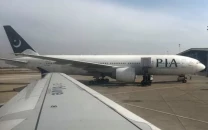












COMMENTS
Comments are moderated and generally will be posted if they are on-topic and not abusive.
For more information, please see our Comments FAQ